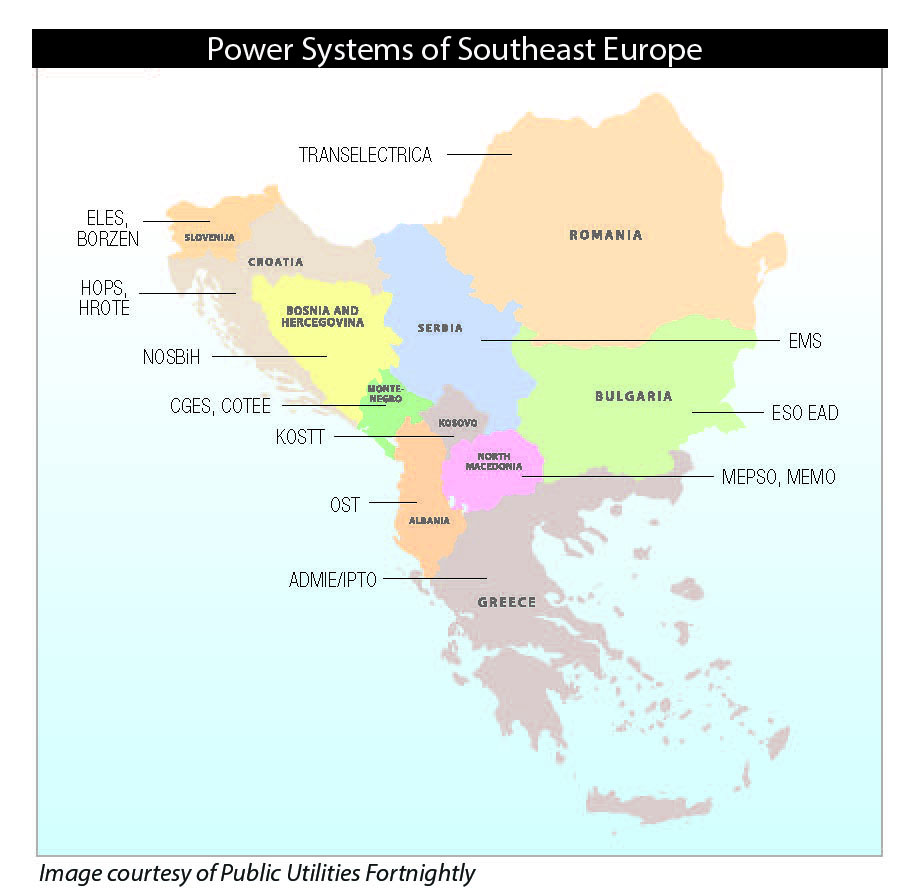
Southeast Europe: The Next Horizon for Power Market Integration
Electricity markets (wholesale trade between generators/resellers) around the world have been working to integrate fragmented systems for decades, taking advantage of the benefits that come from integration: improved price transparency, lower risk, accelerated private investment in clean technologies, and enhanced systems operations.
The next major play in this global trend may be in Southeast Europe, whose 11 power systems are now well positioned to take on this type of integration. Working toward a shared vision of energy security—in a region challenged by geopolitical complexities—these power players understand that establishing an integrated, tailored, competitive, regional market is as much a benefit to their millions of customers as it is to their own operations.
United in that common goal, these power systems - in partnership with the United States Energy Association (USEA) and the United States Agency for International Development (USAID) - recently issued a report offering 8 arguments for integrating their markets.
Integration could lead to:
- More attractive opportunities for private investment, since increased cross-border opportunities would expand the size of the market and, in turn, promote competition, reduce prices, foster new technologies, and expand clean energy;
- Better utilization of power generation, since the region as a whole would have a more diverse mix of plants than each country on its own;
- Sharing of reserve generation capacity to ensure sufficient power is available at all times;
- More efficient and greater transparency in the use of the transmission grid to enable the benefits of cross-border electricity trade;
- Transparency and competition in the wholesale market, and put downward pressure on electricity prices;
- A more resilient system, since resources in one area can offset negative single events (e.g., network outages or drought) in another;
- Diversification of the region’s fuel supply, ushered in by opportunities for natural gas generation; and
- Support for the transition of the Western Balkan markets into the European Union to reduce emissions and create a cleaner energy future.
Market integration—and the sooner, the better—promises broader financial benefits as well. Recent analysis by experts in the region shows that if regional integration is completed by 2025, the social and economic welfare benefits would range from 91 to 181 million Euros in 2025 alone; this modeling is conservative and underestimates the actual benefits.
Regional market integration won’t be easy, and could occur in stages. There are challenges—including current government policies, impacts on jobs, and economic implications—but many stakeholders, including the USEA working group in the region, are optimistic as they work toward this goal.
An assessment of the report referenced above was published in the May 2020 issue of Public Utilities Fortnightly.
The full report is available here.

